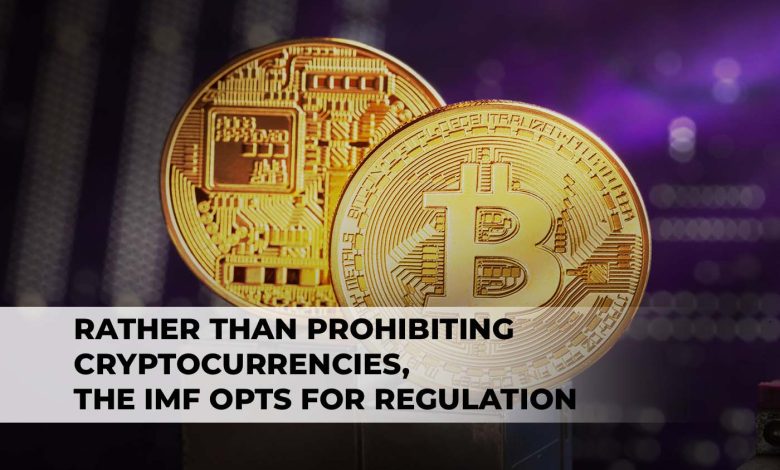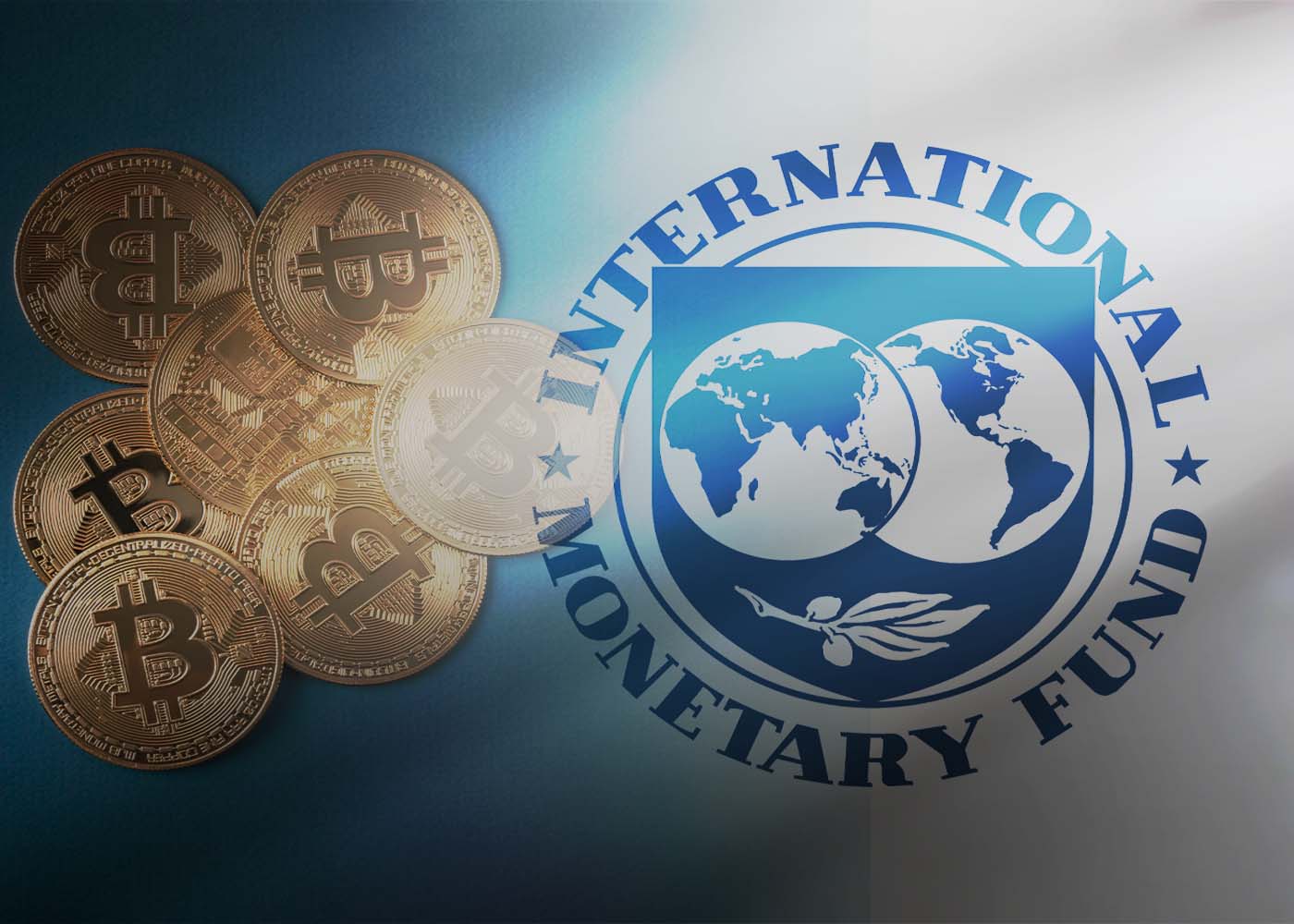
The International Monetary Fund (IMF) advocates for differentiation and regulation of cryptocurrencies instead of an absolute prohibition, yet this nuclear option remains present for now. At the G20 finance ministers meetings in Bengaluru, India, IMF Managing Director Kristalina Georgieva clarified the UN financial agency’s outlook on digital resources and what kind of control it would like to observe. “We are extremely pro-regulation in the sphere of virtual currency,” she stated emphatically; it is at the topmost spot on our list of priorities.
“Government-Backed Cryptocurrencies Can Be Useful”
Responding to an inquiry by Bloomberg on February 27th concerning her remarks about a potential extensive prohibition of digital money, she expressed that there is still much ambiguity surrounding categorizing cryptocurrencies. She responded, “Our primary goal is to differentiate between state-backed central bank digital currencies and publically issued crypto assets and stablecoins.”

Stablecoins that are fully backed create a “stable state for the economy,” but non-backed cryptocurrencies remain speculative investments with high risks and should not be considered money. Recently, a paper has been published recommending global regulations on these digital assets to ensure they cannot legally act as tender due to their lack of backing.
Banning Cryptocurrencies’s Not Completely off the Agenda
Although Georgieva advised that the option to prohibit cryptocurrencies should remain on the table if they start to create more dangerous fiscal risks, she also suggested that strict regulations and consumer safeguards would be a better alternative than completely banning them. Therefore, an outright ban on digital assets may not even need to be considered in such circumstances.
When asked what would drive a ban on cryptocurrencies, she declared that if consumer protection from the ever-evolving crypto world could not be ensured, it would likely become necessary. In response to this pressing issue, the IMF, Financial Stability Board, and Bank for International Settlements have united to develop regulatory framework guidelines slated for release in the second half of 2023.
You may be interested in: Is Revolut Bank The Most Useful Crypto Bank?







